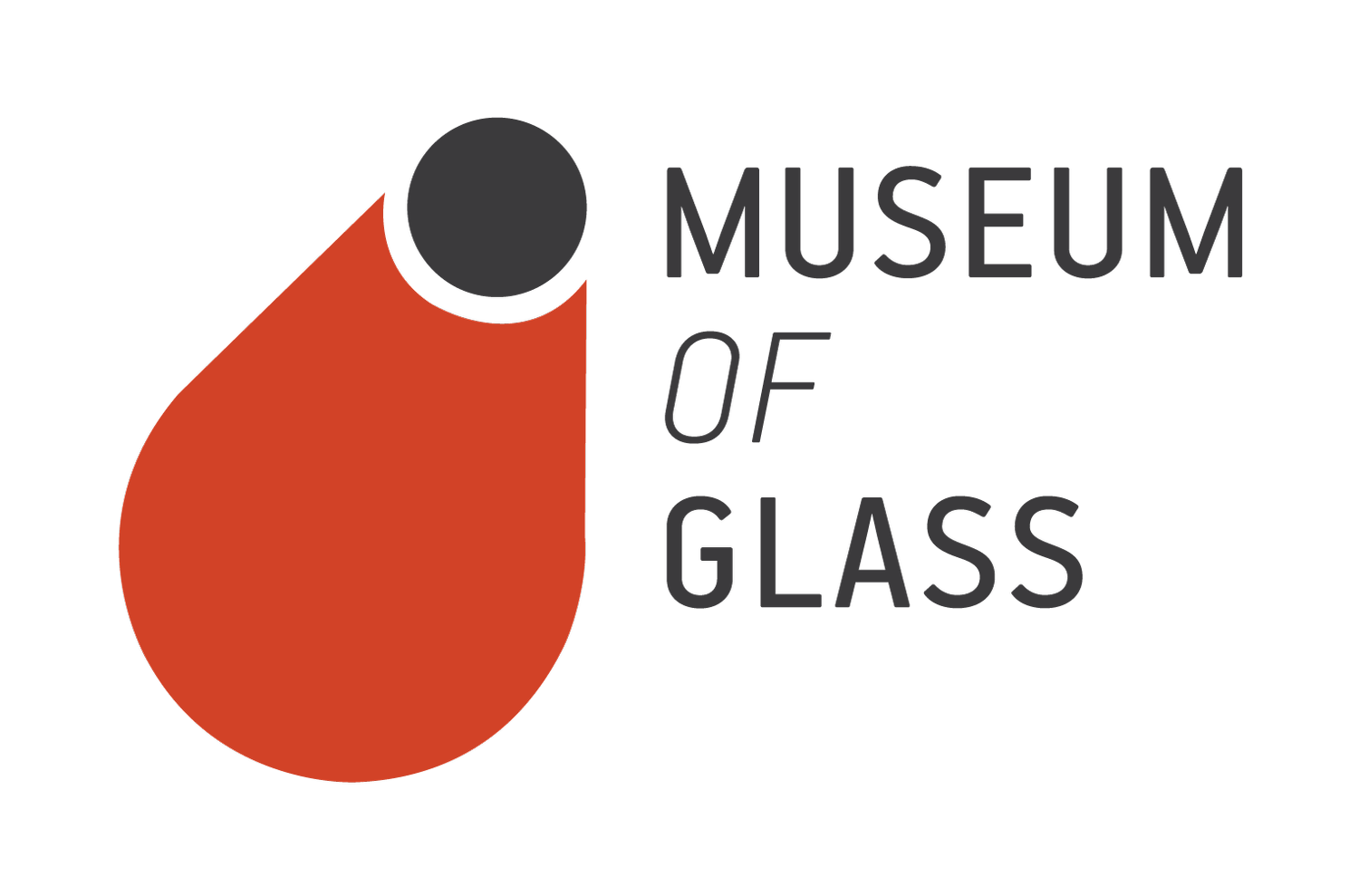A Two-Way Conversation with Chris Day
Chris Day at All Saints Church, Haywood House, West Yorkshire. Photo courtesy of the artist, copyright by Charlotte Graham.
EPISODE SUMMARY
A Two-Way Mirror is an exhibition of contemporary Black artists who have used glass to create work that deconstructs social, cultural, gender, and racial identity concerns. The artists range in background from African American, to British, to Puerto Rican. Each artist uses glass to reflect thoughts and bodies that have historically been fraught with exploitation. Due to its reflectivity and translucence, glass is an apt medium to interrogate identity constructs such as the theory of double consciousness presented by W.E.B. Dubois in his seminal work, The Souls of Black Folk.
Frit City Host Jabari Owens-Bailey interviews exhibiting artist Chris Day.
Chris Day. Photo courtesy of the artist.
CHRIS DAY
In the time that one knows Christopher Day, one learns how beauty and horror in his practice exists, it borrows the seductive qualities of glass to make work that comments on issues of race with narratives that range from complex inquiries to unflinching social vignettes. Day makes objects that are more than racially defined, reflecting multiple dimensions of identity and experience.
Day is a mixed-race artist who uses his craft to navigate what it means to be Black in the UK. And also, white. While he might be both, he sometimes feels like he is not enough of either. His new work, deeply personal in exploration, are often self-portraits that explore what it means to be biracial in the UK by playing on stereotypes and aspects of generalizations.
JABARI OWENS-BAILEY, HOST
Jabari Owens-Bailey is an arts administrator, educator, artist, and Curatorial Education Program Manager for Museum of Glass. Jabari received his Bachelor of Fine Arts degree from Corcoran College of Art + Design and his Master of Fine Arts degree from the School of Visual Arts. His varied career in arts administration has shaped his values on diversity and inclusion in the museum and arts fields and his beliefs in the personal healing powers of creating.
Photo courtesy of Jabari Owens-Bailey.



